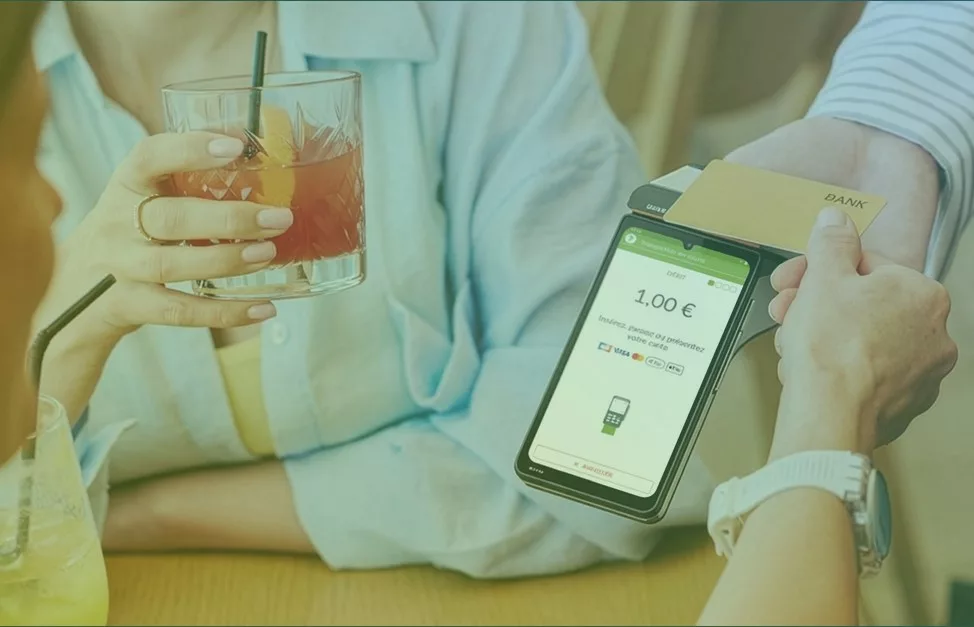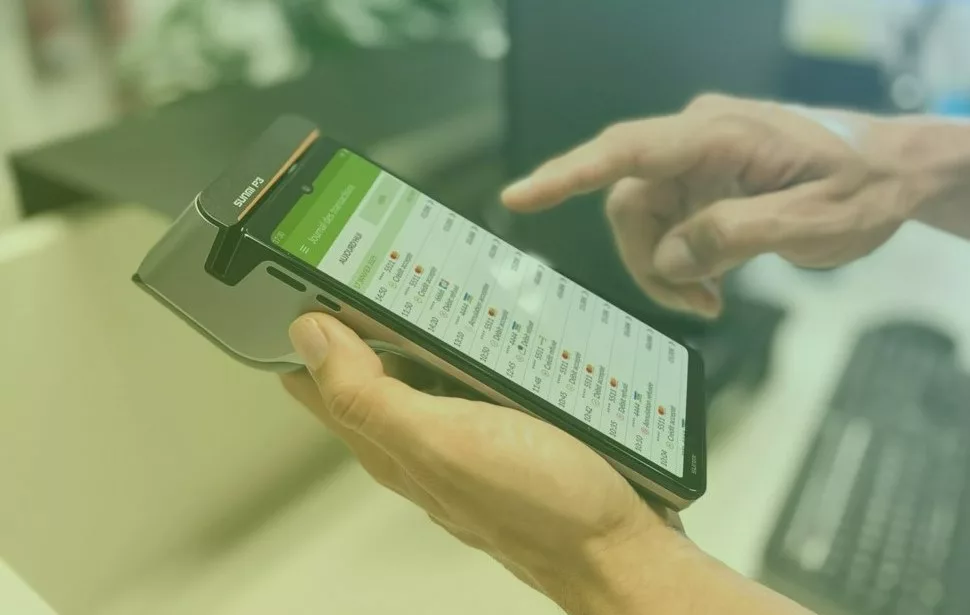COVID-19 is poised to introduce numerous changes to the ways in which businesses operate. Among those changes though, one of the clearest ones that’s already come to light is a more abrupt shift in payment methods.
In particular, it’s likely if not certain that one of the results of the pandemic will be a burst in touchless payment options at stores and businesses of all kinds. While these options have already existed for some time now, it was suggested in a Retail Dive article on contactless payments that COVID-19 could essentially “push them into the mainstream.” The basic logic is simple: Touchless payments were fun before — they were little high-tech luxuries that saved us a few seconds here and there. But the same payments are now necessities — important conveniences that allow people to minimise contact and thus protect their own health.
Beyond this basic logic though, there are some very exciting specific reasons why touchless payments look to be the key to many businesses increasing conversions.
Making Consumers Comfortable
We just mentioned the idea that touchless payment options can help people to minimise contact. This is not just important as a health precaution, however. It’s also an important factor from a psychological standpoint. As businesses reopen and revamp their activity during and following the pandemic, consumers and store operators alike are likely to feel uneasy. Our new normal is to avoid close contact, and conducting in-person business will mean that people are getting closer to others than they may have been in months. Businesses that offer touchless pay options will be providing their employees and their customers with one clear way to maintain some distance. Without the need to pass a card or cash back and forth at the time of purchase, the situation will be more comfortable for all involved. And that, naturally, will lead to more business.
Uniting Online & Offline Operations
Another aspect of this discussion that will be particularly beneficial on the business end of things is the ability to connect digital and in-person payments on a single platform. Our write-up on PayXpert and its ability to “unite the online and offline experience in a payment gateway” explains how this works. But to summarise, the transition to digital in-person payment methods (such as touchless pay) can allow for those in-person payments to be processed and tracked on the same platform a business is using to manage eCommerce. This is a massive convenience to businesses, and will allow them to blend their online and in-person pay acceptance following the pandemic.
Automated Digital Data Gathering
Another important benefit for businesses that actually derives from the notion of uniting online and offline operations is that ability to automatically gather more data about conversions and payments. On this topic, a Verizon Connect post on staying efficient in a changing work landscape made the interesting point that “digitisation and automation can both help to prepare your business for what may come.” This speaks to the notion that the more digital a company’s operations are, the more it’s able to effortlessly gather data that provides valuable insights for strategy. And certainly, touchless payments can factor into all of this. A fully digitised payment system means that information about conversions and transactions can all be tracked automatically, and thus giving businesses more insights about who’s buying products, what methods they’re using, and more.
All of these benefits, coupled with the fact that touchless payment systems were already gaining popularity before the pandemic, suggest a bright future for the technology. Indeed, a Forbes article on the future of contactless pay essentially predicted that it will supersede all other traditional forms of payment within the next five years — in part because of pandemic-related factors.
As this transition happens, it’s going to be among the changes helping businesses to move forward.





